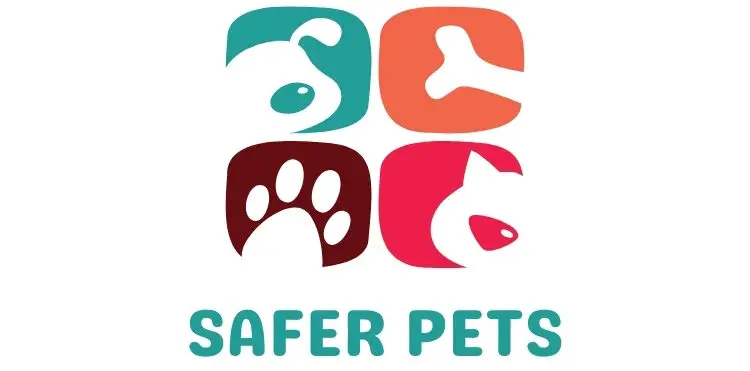The money spent on vaccinating your cat could save you a lot of money later on. Many diseases vaccinated for can cause your pet prolonged suffering, which need not happen.
What Diseases Does the Vaccine Cover?
Vaccinations allow your cats’ immune system to recognise specific diseases and build up antibodies that will combat that particular disease.
Diseases vaccinated for, via the triple vaccine, are:
- Feline Infectious Enteritis (FIe) also called Panleukopenia.
- Feline Calcivirus (FCV) a strain of the common cold.
- Feline Rhinotracheitis (FVR) or Cat Flu.
Without vaccinations, any one of these diseases could lead to the premature death of your cat. Additional vaccinations are available optionally for Chlamydia and Pneumonitis.
What do the Vaccinations do?
The only way a cat can be immune to these conditions is if it is immunised or has contracted and survived the disease.
Essentially, the cat is inoculated with an inert form of these diseases, this trains the immune system to recognise the infection and resist it before it gains a foothold.
When Should I Vaccinate my Kitten?
Kittens are not usually vaccinated for the first nine weeks of life. During this period, they usually gain immunity from their mothers’ first milk. If the mother cat has been vaccinated this immunity is then passed on to her kittens.
If however, your kitten is an orphan or was unable to receive its mothers first milk for some reason; your veterinarian may recommend vaccinating your kitten sooner.
After this initial nine-week period immunity begins to taper off, vaccinations and yearly boosters take over providing continued protection against these diseases.
Why Two to Start?
Two initial vaccinations will be given to your kitten.
The first vaccination is a lower strength version of the full vaccination that is used to “kick-start” the cats immune system in preparation for the second vaccine.
Two weeks after the first vaccination your cat will be given the second one.
The second vaccination brings the cats’ immune system up to a level that will protect them from the diseases vaccinated for.
It must be understood, once vaccinated this disease protection does not become active straight away. It usually takes 7 to 14 days after administering the vaccine for the immunisation to become fully effective.
In the interim, it is best to keep the vaccinated kitten away from other cats to avoid the potential risk of infection.
Revaccination is required yearly as “booster shots”. This preserves the level of immunity and stops your cat from contracting the infections covered by the vaccination.
Cats tend to roam and come into contact with other cats in the neighbourhood, if these cats are not vaccinated your cat is in danger from any one of the deadly diseases already mentioned.
Insuring your cat is vaccinated and its booster shots are up-to-date provides protection for your cat. It also ensures you and your companion will spend many years together.
Once vaccinated, or your cat receives a booster shot, you will be issued with a certificate stating the animal has been vaccinated and what they have been vaccinated for. Put this certificate in a safe place and take it along yearly when booster shots are given. Many animal boarding institutions will not allow your cat to stay as a guest unless this certificate can be produced and is up to date.
Also by vaccinating your cat, you are aiding to reduce the incidence of disease among your local cat population.
